Who we are
we have created solutions for pre-clinical experimentation without human bias. We deliver game-changing technologies by dramatically improving specificity, reliability, and animal welfare standards at lower costs.
We constantly augment our products and services by working closely with our customers and partners.
Meet our Team and Advisory Board
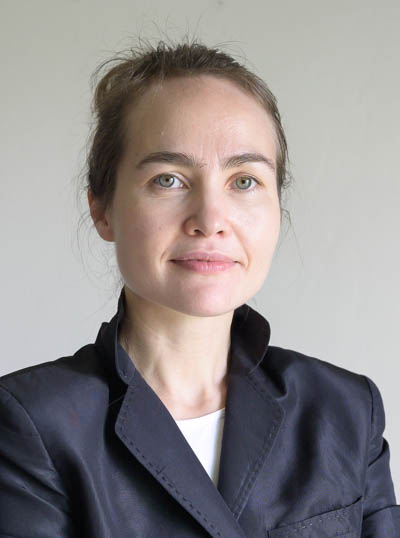
Julija Krupic
CEO, CO-FOUNDER, PhD in Neuroscience
One of the leading scientists in spatial memory and navigation (published in Nature and Science) is on the Science Magazine Editorial Board; Deep Dementia Phenotyping Network, the UK DRI forum and ARUK; receiver of Eppendorf Science Prize (2015), the Wellcome Trust Sir Henry Dale (2017) and DRI fellowships (2019).
At the University of Cambridge, she leads one of the few labs in the world combining cutting edge optical and electrophysiological techniques. Together with Dr Bauza, they co-developed several revolutionary behavior paradigms such as the Honeycomb maze (published in Nature) and the smart-Kage.
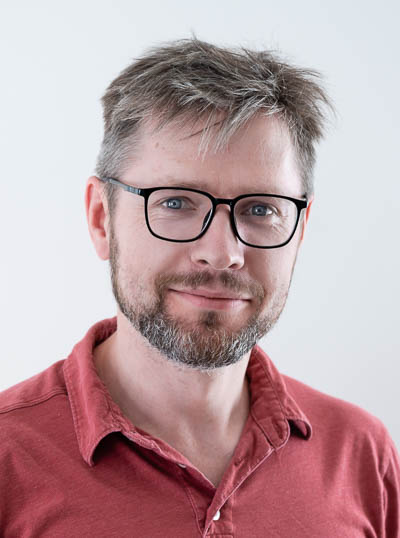
Marius Bauza
CTO, co-founder
Exceptionally strong background in computational techniques, experimental technology development and animal research with more than fifteen years of experience in software development, hardware control and AI-based computational techniques. He developed multiple experimental pipelines, such as a novel virtual reality system for animal research, adopted by multiple laboratories, including UCL, University of Cambridge, King’s College London, and the University of Hong Kong.
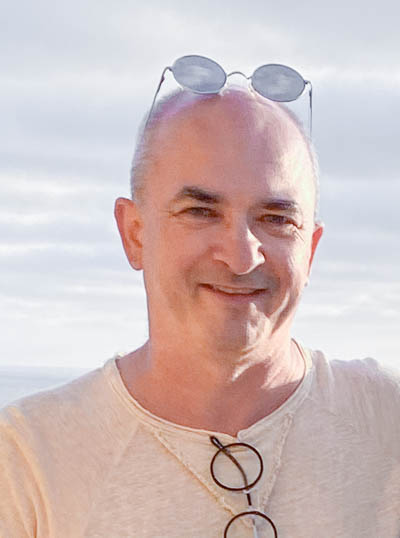
Dainius Macikenas
Business development. Ex-Pfizer, Vertex Pharmaceuticals
Dainius has over 20 years of experience in the pharmaceutical industry developing pharmaceutical materials (Pfizer Inc, Vertex Pharmaceuticals, etc.).
He is also educated in photography, graphic and web design. He maintains his own photography and video content creation business and has a proven record of accomplishment of growing business via innovative media solutions.
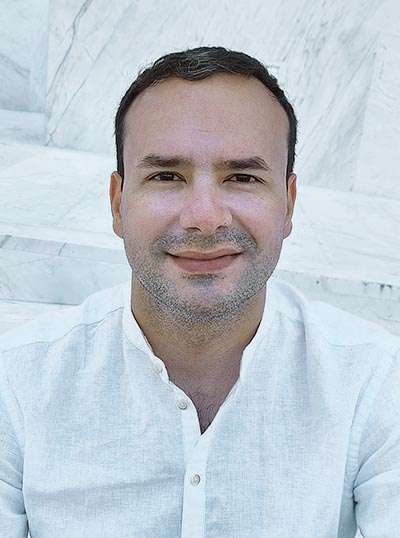
William Coral
Head of Engineering
PhD in Automation and Robotics, master’s degree in control systems. For over a decade he has developed bio-inspired and biomimetic robotics – soft robots using smart materials, that were exhibited at the Natural Science Museum of London and published in scientific journals. He has multiple patents in the areas of Agricultural Robotics, head and neck surgery and health care. he innovation leader of the first public-private centre for research and innovation in the Internet of Things (IoT) in Colombia, was a CTO and director of the mechatronics engineering department.
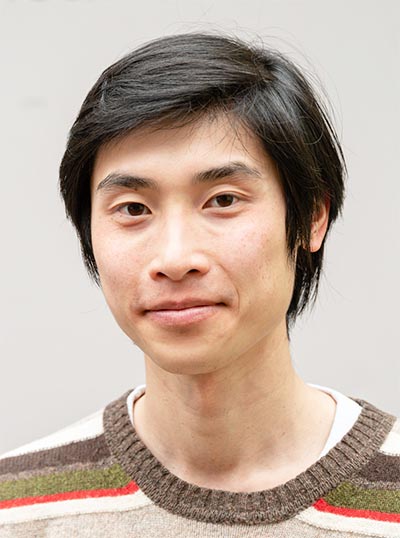
Hinze Ho
Advisor - Product Testing and Development
Hinze has BSc in biomedical science and MSc in neuroscience. His passion lies in understanding the neural mechanisms underpinning cognition and behaviors. He is keen on translating basic research findings into applicable solutions for biomedical problems.
In his free time, Hinze enjoys practicing art and design. Working as a freelance illustrator, he strives to create connections between topics of art and science.
Trust
Scientific Advisory Board
John O’Keefe
Nobel Prize winner in Physiology and Medicine, Professor of Neuroscience at University College London
John O’Keefe has discovered place cells and outlined the theory of the hippocampal function as the cognitive map. He has pioneered a number of the most influential techniques in neuroscience, including in vivo multi-tetrode neural recording, Neuropixels probes as well as behavioural tests for rodents and humans.
Frances Wiseman
UK DRI Programme Leader for Animal Models
Frances Wiseman investigates Alzheimer’s disease in individuals with Down syndrome. She completed a PhD researching Prion disease at the University of Edinburgh and is currently a group leader in UCL UK DRI. She has vast expertise in Down syndrome and animal models. For this, she was awarded the 3R prize for the reduction of animal use in 2016. She is also part of the London Down Syndrome Consortium – a large, multidisciplinary group of clinicians, human geneticists, developmental psychologists, mouse geneticists, psychiatrists and cellular scientists working towards understanding dementia in people with Down syndrome.
Dennis Chan
Principal Research Fellow of Metacognition and Executive Functions group, University College London
Away from UCL, Dennis works as a consultant neurologist and runs a cognitive disorders clinic in mid-Sussex with a special focus on patients with mild cognitive impairment and the emerging phenomenon of cognitive Covid.
Let's get in touch!
Office
Block B, Imperial Works
Perren Street, London NW5 3ED
United Kingdom
Hours
M-S: 8 - 19
S: Closed
